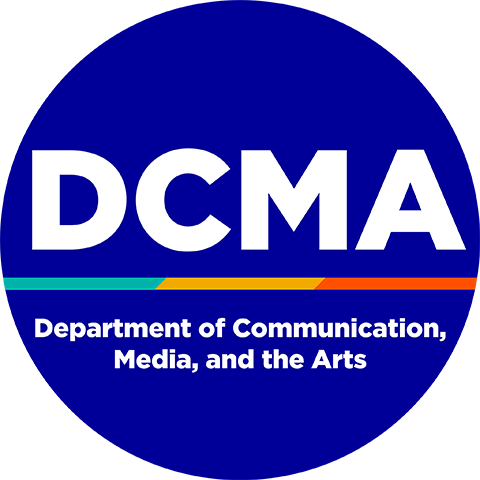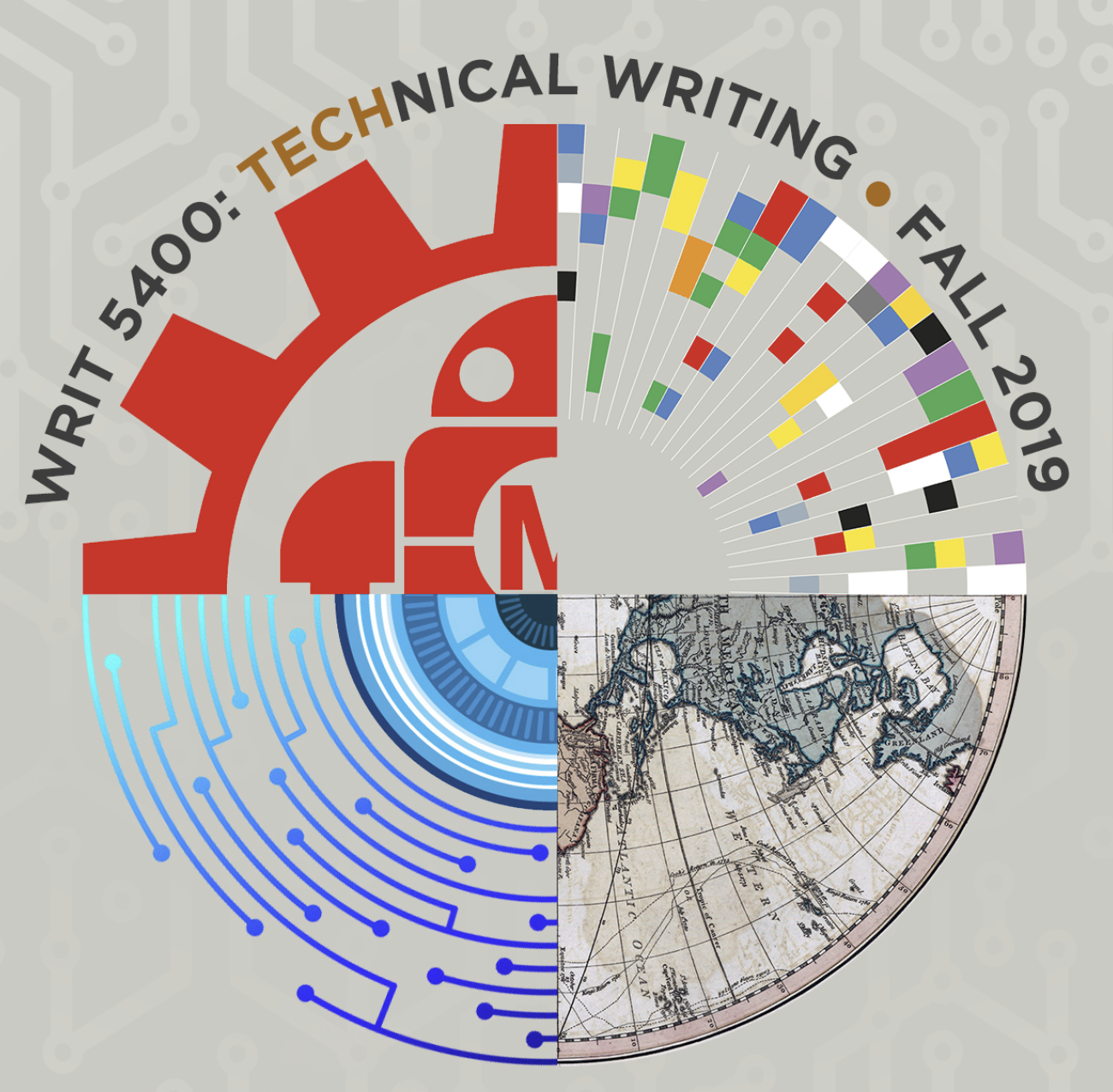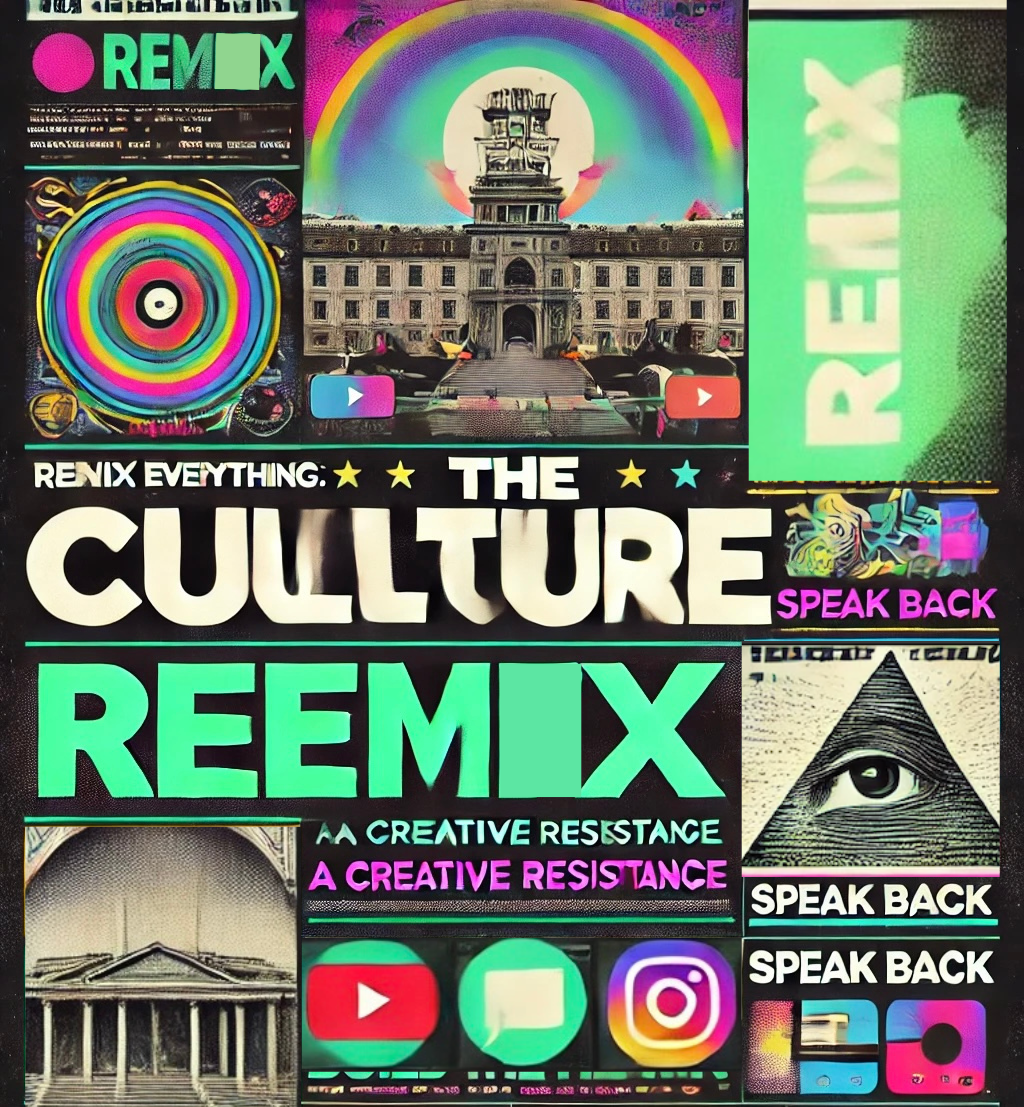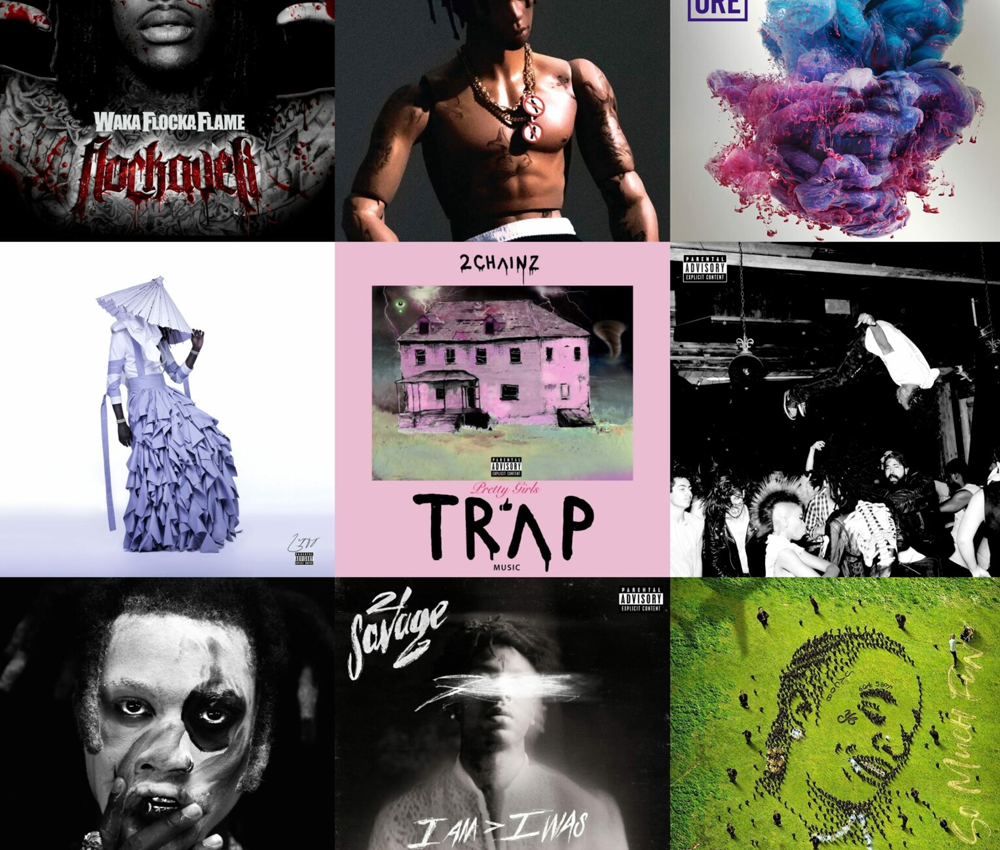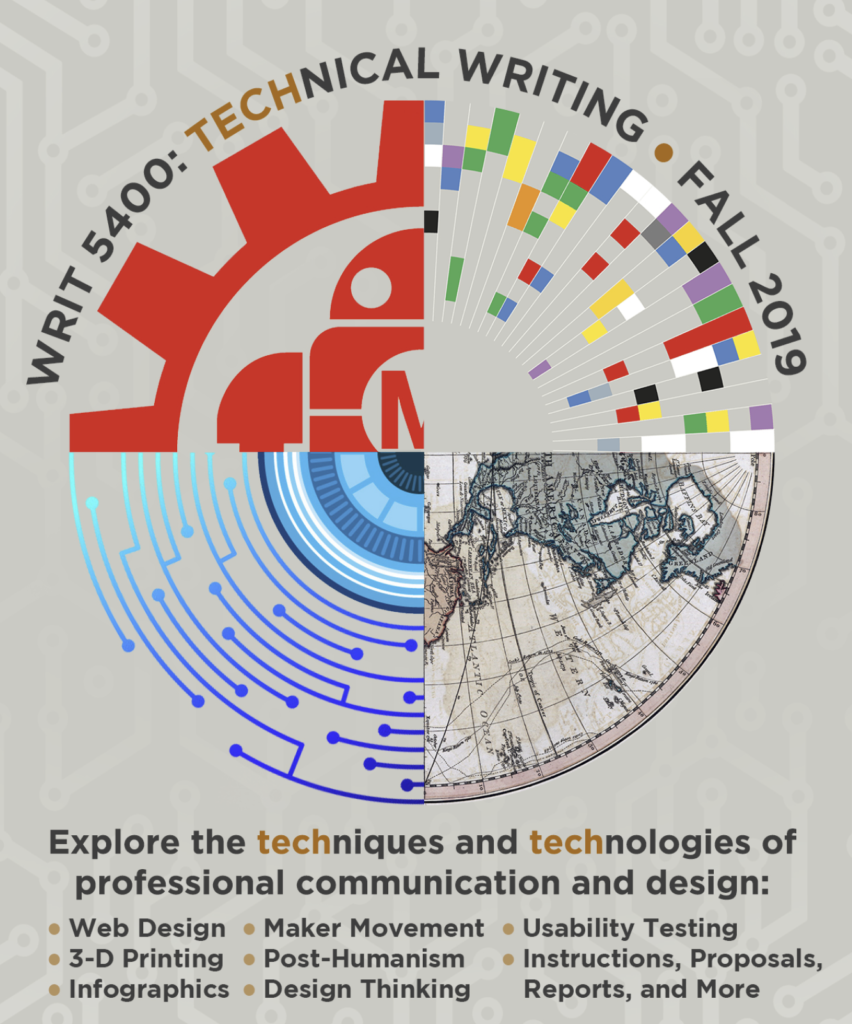
WRIT 5400: Technical Writing is an elective course within the M.A. in Composition, Rhetoric, and Digital Media (C.R.D.M.) at Nova Southeastern University. Technical writing takes on many forms–instructions, reports, proposals, manuals, memos, and so on. But technical writing is much more than these genres. Technical writing looks at the relationship between the technologies and techniques of writing in order to understand the techné (the art/craft) of effective communication. Effective communication requires understanding how living in, among, and through technologies affects epistemology (how we know) and ontology (who we are).
Today’s “ubiquitous computing” environment in which mobile and wearable devices easily connect to networks of people and things, data and ideas, requires authors to think beyond text. This Internet of Things (IoT) network of connected devices and people creates opportunities for emergent forms of being and knowing that can only be taken advantage of (or resisted) by individuals familiar with the underlying technologies. This course brought students from a basic understanding of electricity to practice designing, coding, and making, all the while maintaining focus on the art of effective communication.
Emerging Scholarship
In addition to articles, two recently published scholarly books were read during this course that dealt with the role of technologies in the composing process, and how our immersion in digital technologies has altered our ways of being in the world. The first text, Justin Hodgson’s Post-Digital Rhetoric and the New Aesthetic, looks at the emergence of new forms of art and aesthetic sensibilities tied to new technologies. It considers how we have become “co-responsible” with technology throughout the creative process, participating in human-machine assemblages where the products are never totally in our control.
The second text, David Rieder’s Suasive Iterations, looks at the affordances of analog sensors and digital micro-controllers to define a new mode of composing and interactive design called “physical computing,” in which the challenge is how to “transduce” one form of energy into another. This text imagines how rhetorical purposes might be met through projects that incorporate both digital coding and physical making.
Student Projects
The main projects in WRIT 5400 – Technical Writing course focus on these purposes:
- Instruction – Instruction sets created for an online community of makers.
- Quantification – Reports based on personal data collected via ubiquitous computing.
- Eversion – Projects that connect physical and digital environments.
